There’s no shortage of articles on how companies are reinventing themselves to be more sustainable, and it’s certainly a staple topic at conferences and events across all industry sectors.
At last month’s World Economic Forum, Feike Sijbesma, Chief Executive Officer and Chairman of the Managing Board for Royal DSM, writes about how the company of the future must do well by doing good. Sijbesma points to the UN Sustainable Development Goals (UN SDGs) and urges business leaders to start connecting their company’s competences to these and to the challenges we are experiencing on a global scale.
A collection of 17 goals and 169 targets set by the UN General Assembly in 2015, the UN SDGs were created as a blueprint to achieve a better and more sustainable future for all. Addressing the global challenges we face, including those related to poverty, climate, environmental degradation, prosperity and health, these goals drive the work of countries, UN agencies as well as NGOs and companies across the world.
GreenBiz 20 (February 4-6 in Phoenix) kicked off three days of discussions around sustainability with a half-day summit focused on the UN SDGs. With such strong representation from the biotech sector, we expect this discussion could look that the key role that biotechnology plays.
For SDG #13, for example, “CLIMATE ACTION”: Agricultural and industrial applications of biotechnology are critical in combating and coping with the effects of climate change by:
- Replacing traditional energy sources with cleaner fuel options;
- Reducing greenhouse gas emissions through the use of GM crops; and
- Providing solutions for subsistence farmers combating the effects of climate
- change.
BIO – as part of the International Council of Biotechnology Associations (ICBA) – developed a publication that details how Biotechnology Drives Solutions for Sustainable Development, looking specifically at 12 of the 18 SDGs.
BIO’s Hilary Stiss explains:
“Modern biotechnology provides breakthrough products and technologies to combat debilitating and rare diseases, stop the outbreak of infectious diseases, reduce our environmental footprint, relieve poverty, feed the hungry, use less and cleaner energy, provide clean drinking water, protect biological diversity on land and in our oceans, and have safer, cleaner and more efficient industrial manufacturing processes.
“We have the opportunity to encourage further innovation in the biotech sector to achieve the UN SDGs. To do so, we must ensure that researchers, investors, companies, governments and others from every corner of the world have the tools and policies in place to foster biotechnology innovation.
“By partnering with the global biotechnology industry, the UN agencies and other stakeholders working to achieve these estimable goals will certainly find greater success. Biotechnology is part of the solution so let’s work together to unlock its potential.”




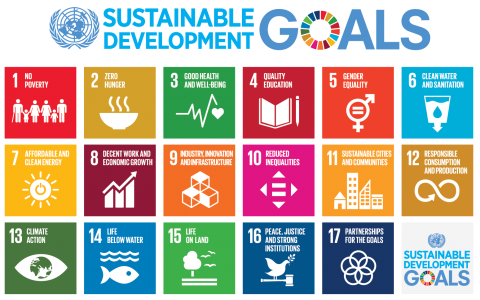
.jpeg?itok=ByJuBfy-)
.jpg?itok=5epg0qxZ)
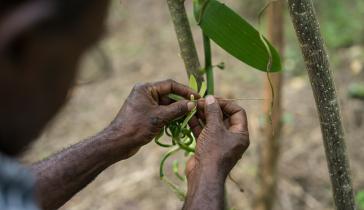
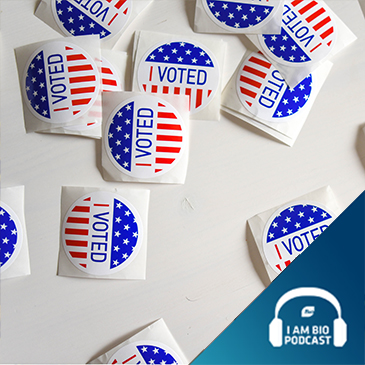
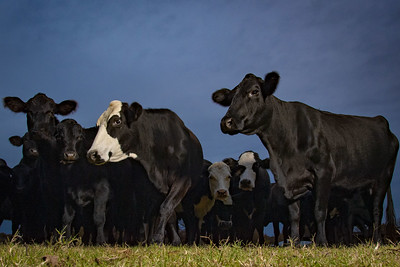
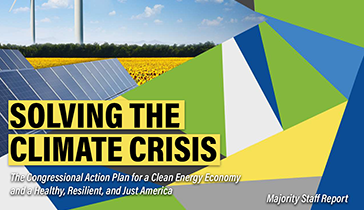
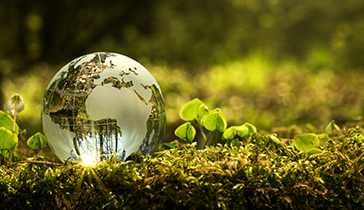

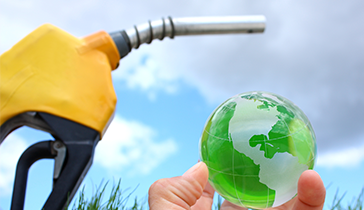
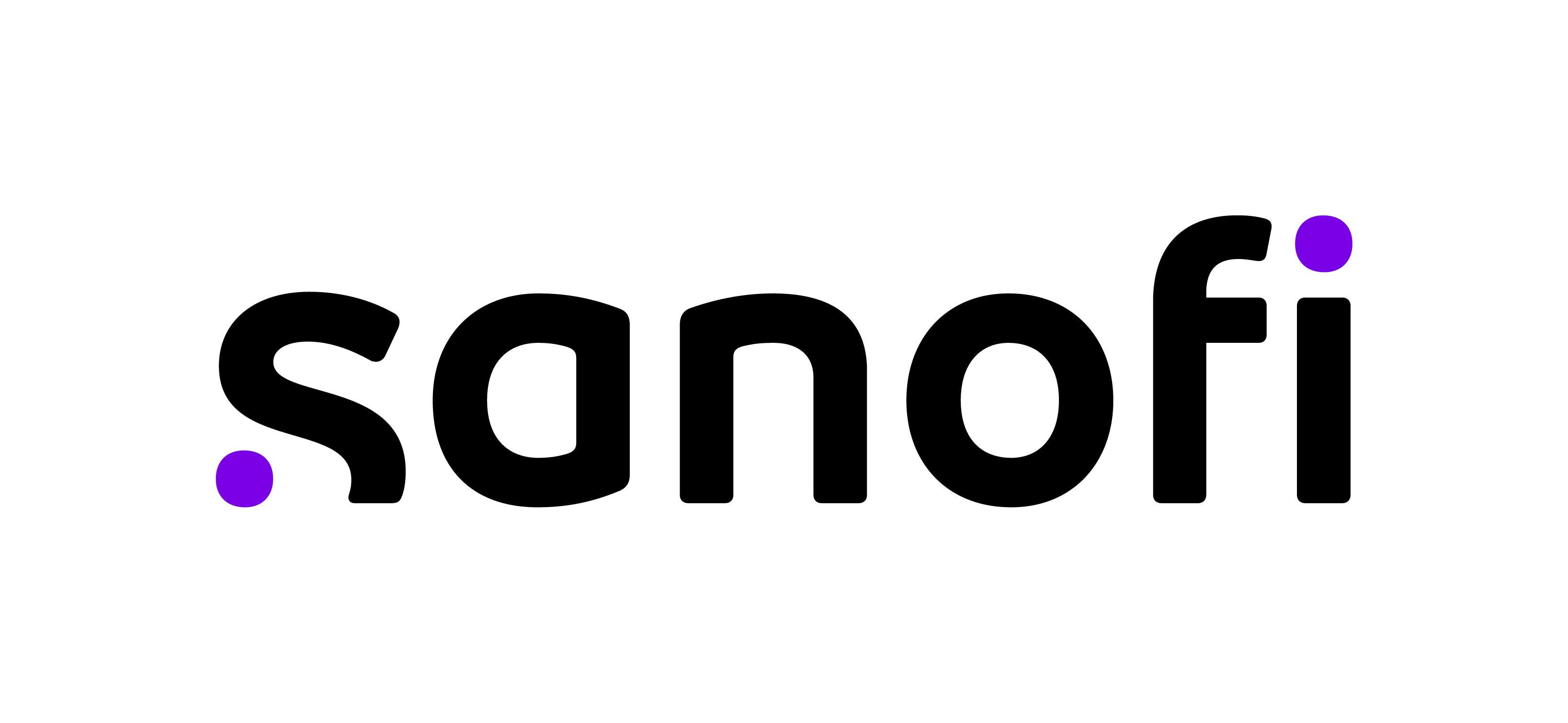






.png)


